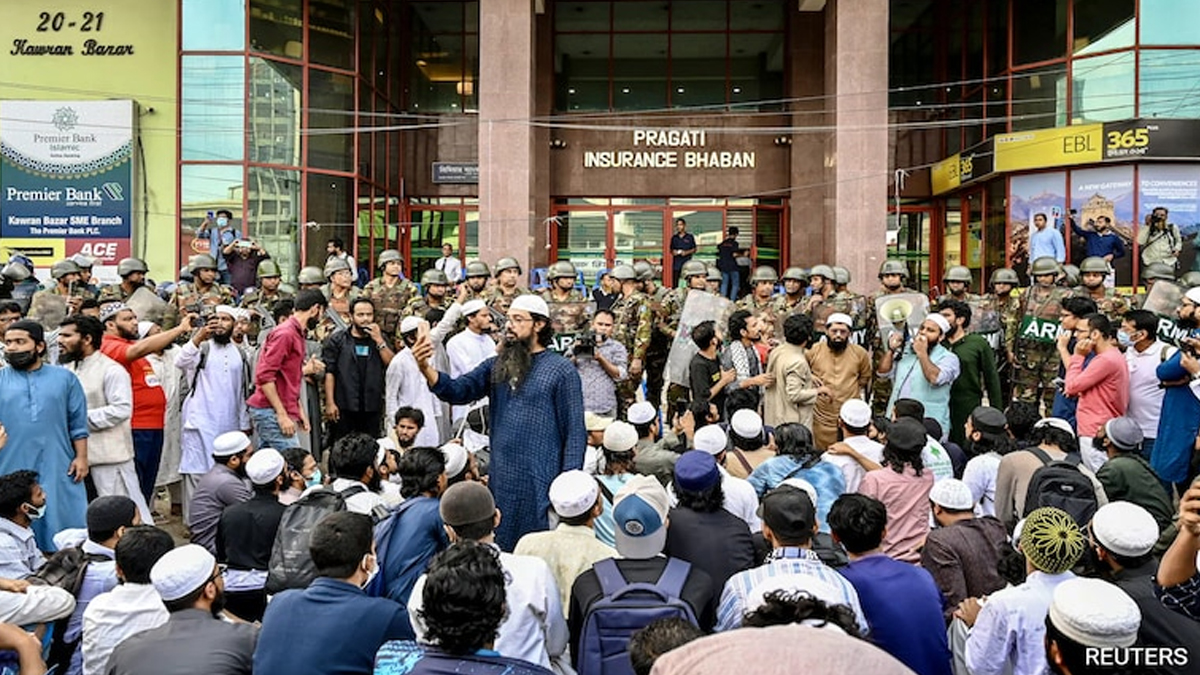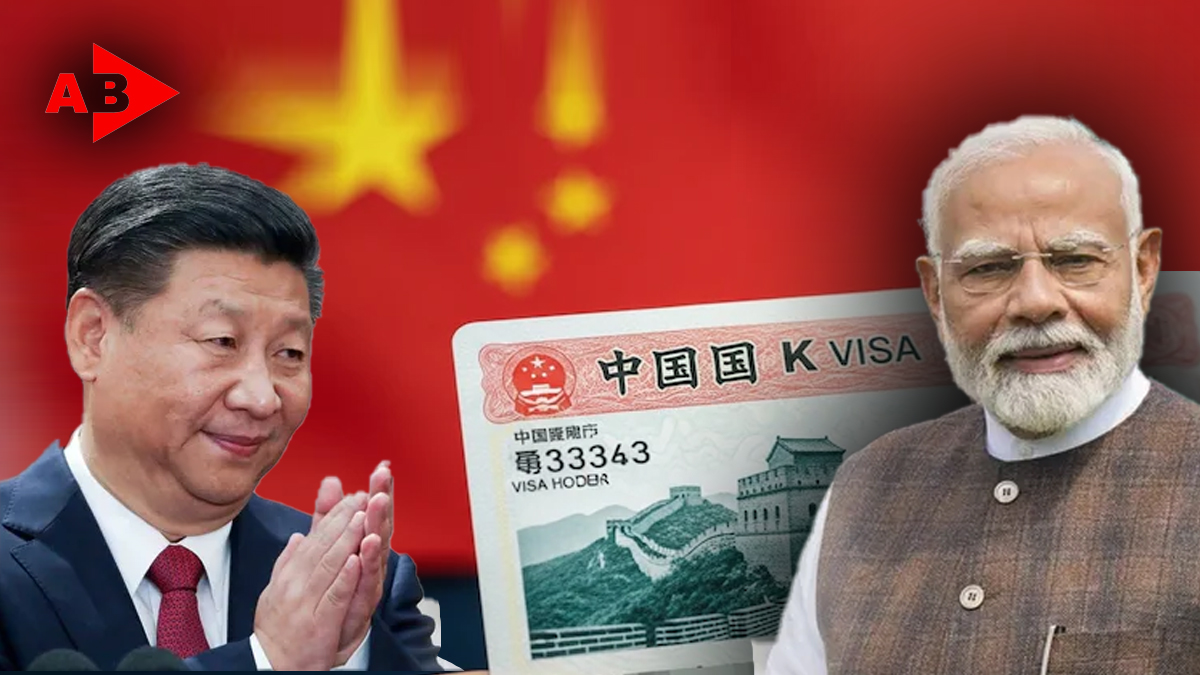
AB News Desk, New Delhi: On Monday, demonstrators in Bangladesh surrounded the offices of Prothom Alo, one of the country’s few remaining independent newspapers, in a dramatic escalation of protests aimed at silencing critical media voices. Government security forces were deployed to protect the building, successfully holding back a crowd of approximately 300 individuals who had gathered to express their anger. The protests came just a day after the same group was dispersed with tear gas as they attempted to storm the newspaper’s offices.
Prothom Alo, Bangladesh’s largest Bengali-language newspaper, has faced significant challenges, especially during the regime of former Prime Minister Sheikh Hasina, who fled to neighboring India after being ousted in a student-led revolution on August 5. The protesters have accused the newspaper’s journalists of supporting Hasina, a claim that Prothom Alo’s executive editor, Sajjad Sharif, strongly refuted.
“We have consistently upheld the highest professional standards in our work and will continue to do so,” Sharif told AFP, emphasizing the newspaper’s long history of resisting harassment and adversity over the decades.
Hasina’s removal has sparked widespread protests in predominantly Muslim Bangladesh, giving rise to a wave of Islamist groups that have been emboldened to take to the streets after years of repression. Protesters have alleged that Prothom Alo exhibits an “anti-Islam” and “pro-India” bias, with many rallying for its immediate closure.
Outside the capital city of Dhaka, protests escalated as demonstrators targeted Prothom Alo’s office in Rajshahi and marched in the port city of Chittagong. This ongoing unrest follows earlier protests this month against the English-language Daily Star, another publication critical of the former regime.
One protester, 20-year-old Alif Bin Labib Shuvo, who was injured during anti-Hasina protests in July, asserted that both Prothom Alo and the Daily Star contribute to destabilizing Bangladesh. “If they don’t change their current strategy, they should be closed,” echoed Mir Farhad, 35, another protester voicing similar sentiments.
Interim leader Muhammad Yunus has publicly stated his commitment to media freedom; however, press watchdog organizations are raising alarms about the fate of journalists in the current political climate. Many journalists, perceived as having supported Hasina’s government, are reportedly facing police investigations as apparent retaliation for their past work.
At least four journalists remain in custody, accused of inciting violence against protesters just days before Hasina’s downfall. According to Reporters Without Borders, around 140 journalists are currently under police investigation for violence-related allegations, which the organization describes as “systematic judicial harassment.”
The Committee to Protect Journalists, based in the United States, has called for urgent reforms to ensure press freedom “at this critical juncture in the country’s history.” As protests continue to unfold, the tension between the government and independent media has become increasingly precarious, highlighting the significant challenges facing freedom of expression in Bangladesh.


